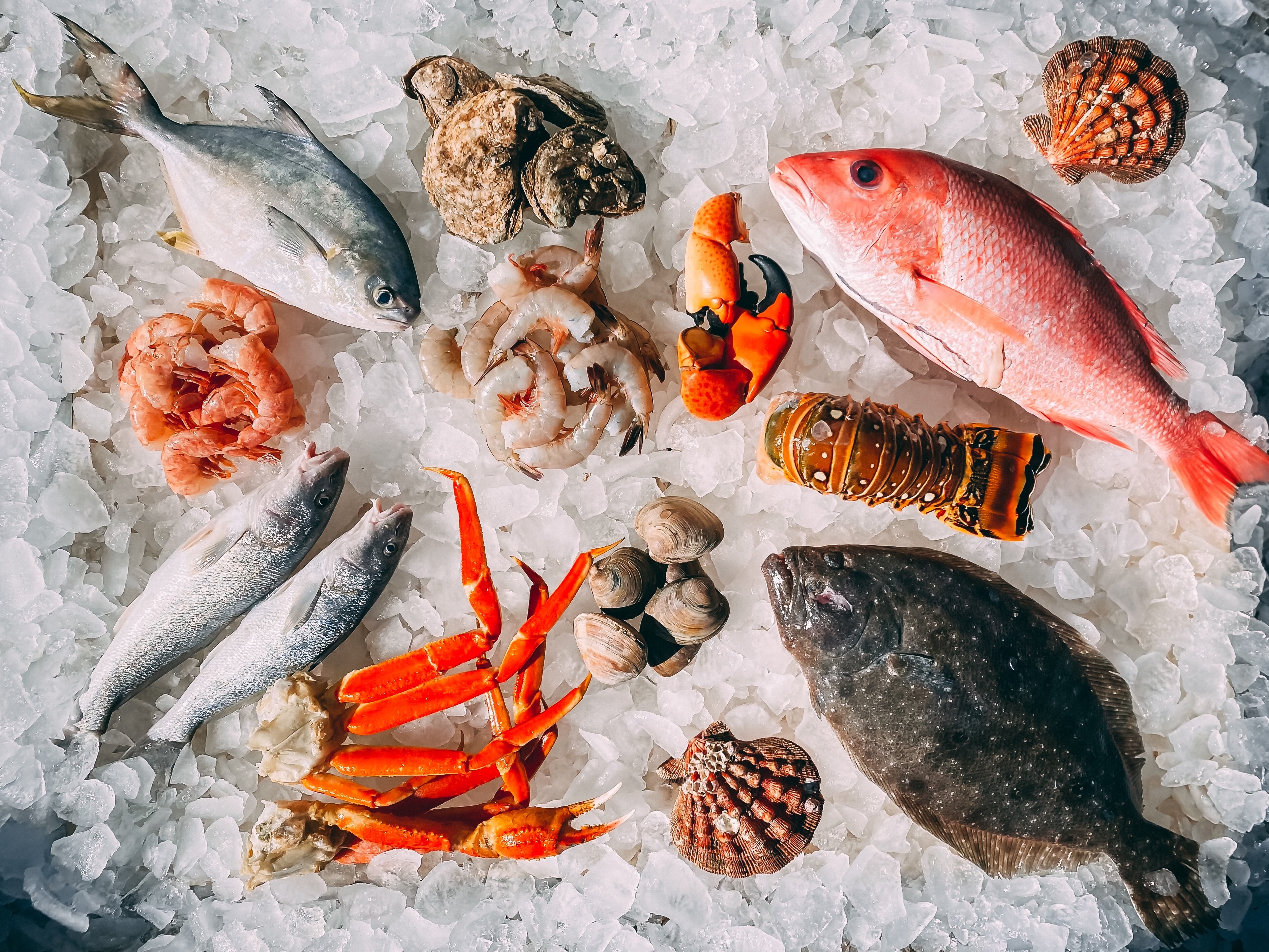News release
From:
Sustainability: Swapping meat for seafood could improve nutrition and reduce emissions
Sustainable seafood could provide more nutrition to people than beef, pork and chicken, whilst reducing greenhouse gas emissions, reports an article published online in Communications Earth & Environment. The findings suggest that policies to promote seafood in diets as a substitute for other animal protein could improve future food security and help address climate change.
Human diets around the world need to become more nutritious, whilst reducing their climate footprint, to keep up with growing population sizes. Seafood is known to be a good source of protein, fatty acids, vitamins and minerals, and previous research has demonstrated the potential environmental benefits of replacing meat with seafood in diets. However, strategies to reduce climate emissions of future diets typically promote plant-based “green” diets, and overlook the potential of seafood-based “blue” diets.
Peter Tyedmers, Elinor Hallström and colleagues analysed the nutrient density and climate impacts of globally important wild-caught and farmed sources of seafood from a broad range of fishery and aquaculture sources in 2015. They found that wild-caught salmon, herring, mackerel, and anchovies, as well as farmed mussels and oysters, had the lowest climate impacts relative to their nutritional value. Half of the seafood species analysed had a higher nutrient density, and emitted fewer greenhouse gases than beef, pork and chicken. Differences in production and harvesting methods were found to create a large variability in the climate impacts of each species. To further reduce emissions, the fishing industry should adopt fuel-efficient fishing technologies and rebuild depleted stocks while aquaculture produces more unfed fish and shellfish and finds more climate-friendly sources of fish feed, the authors suggest.
While this research focuses on greenhouse emissions, and not the potential impacts on ecosystems, the findings highlight the possibility for seafood to provide a sustainable source of nutritious food that benefits the climate. The authors suggest that policies to help tackle climate change and poor diet should promote sustainable seafood consumption.



 International
International



